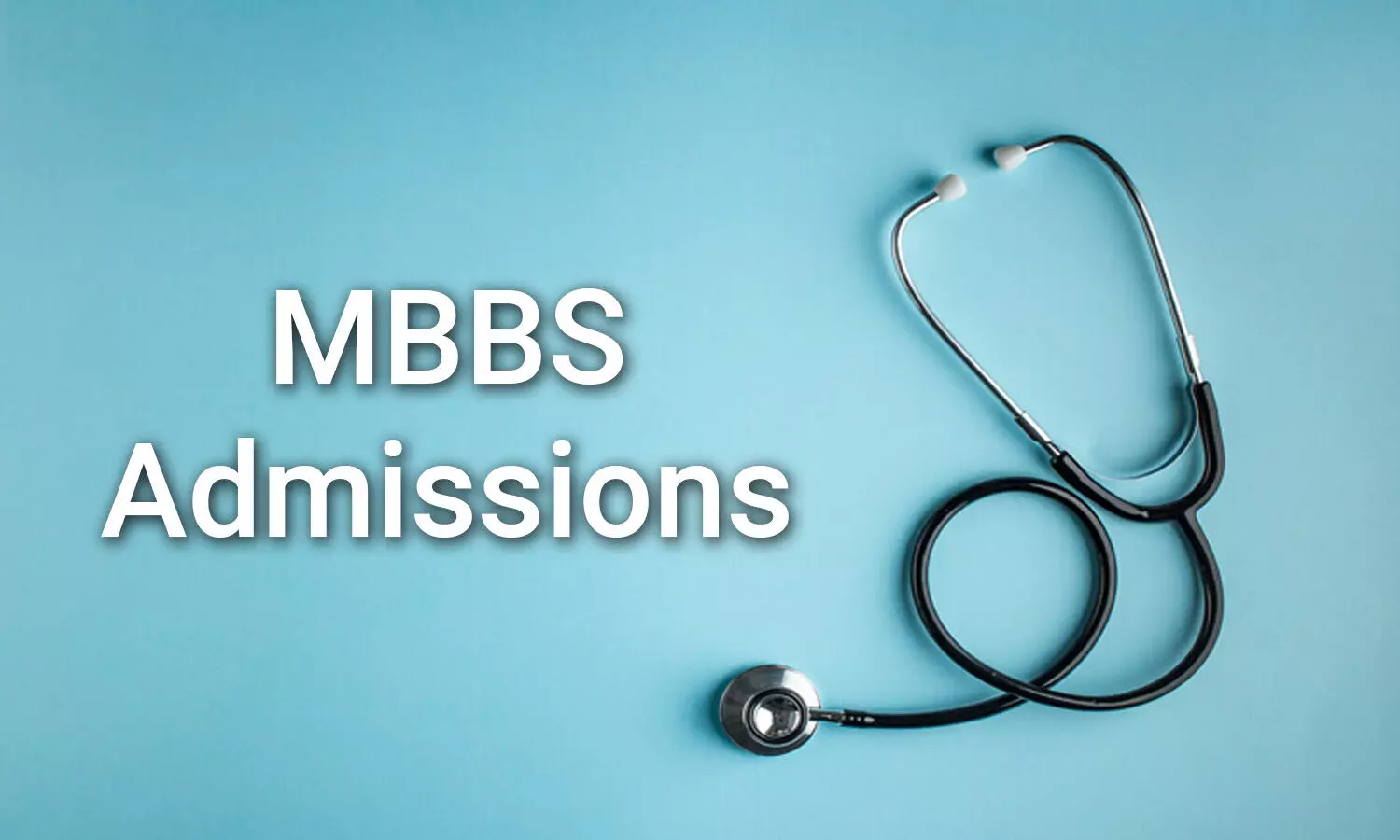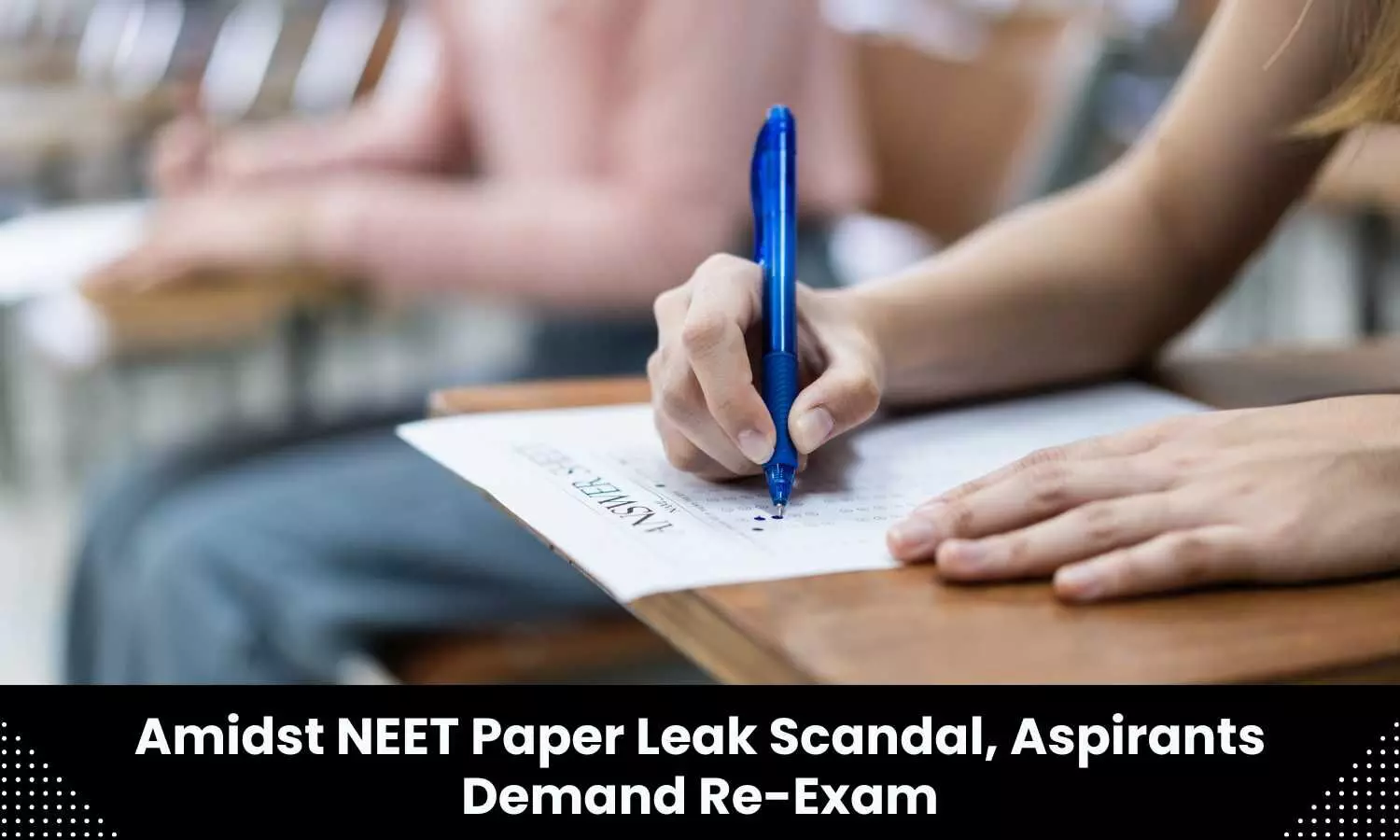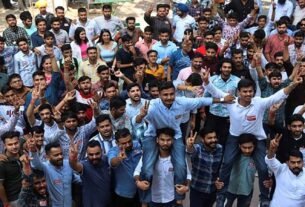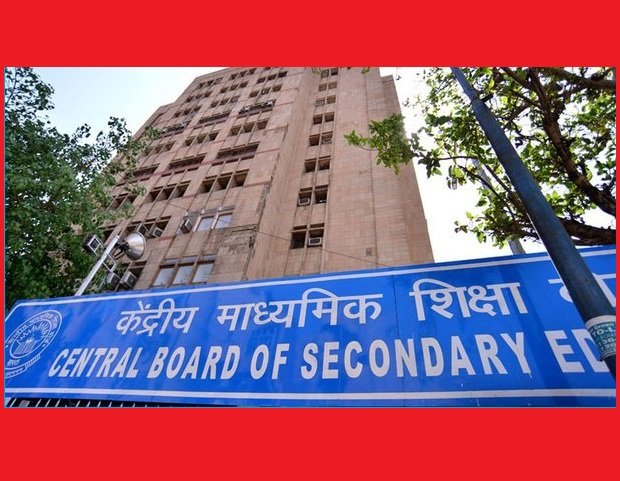MBBS admissions : The Supreme Court strongly criticised the National Medical Commission’s (NMC) regulations requiring candidates to have “both hands intact” to qualify for medical education.
The Supreme Court on Friday strongly criticised the National Medical Commission’s (NMC) regulations requiring candidates to have “both hands intact” to qualify for medical education, calling it a glorification of “ableism” that contradicts the principles of reasonable accommodation and inclusivity enshrined in the law.
The court held that barring a candidate at the threshold solely based on physical disability violates constitutional guarantees and international conventions on the rights of persons with disabilities. The judgment stressed that the NMC stipulation of “both hands intact with intact sensations, sufficient strength and range of motion” unjustly bars individuals with upper limb disabilities from pursuing medical education, despite their capability to perform as competent doctors with reasonable accommodations.
The judgment came as the court ruled in favour of an aspiring doctor with a 58% disability, directing his admission to an MBBS course while calling upon NMC to revise its outdated guidelines.
The case concerned a petitioner whose admission to a medical college was denied based on NMC’s 2019 guidelines, which mandate that candidates must have both hands intact, with sufficient strength and range of motion. The petitioner, who secured a high rank in the NEET-UG 2024 exam under the PwD (OBC) category, was deemed ineligible by the disability assessment board despite his ability to perform essential clinical functions.
The top court rejected this reasoning, noting that the assessment panel failed to conduct a proper functional evaluation and was “shackled” by the rigid rule of “both hands intact”. The court found that such an exclusionary requirement lacked legal sanctity and was inconsistent with the Rights of Persons with Disabilities (RPwD) Act, 2016, which emphasises functional assessment rather than blanket disqualifications.
The court referred to its own previous rulings, including two October 2024 judgments in the cases of Omkar Ramchandra Gond and Om Rathod, where it mandated the revision of medical education guidelines to align with constitutional and statutory rights of disabled persons.
Observing that the “both hands intact” requirement is an outdated and discriminatory classification, the bench stated: “A prescription such as ‘both hands intact’ reeks of ableism and has no place in a statutory regulation. It denudes the rights guaranteed under the Constitution and makes a mockery of the principle of reasonable accommodation.”
The bench emphasised that modern medicine and assistive technology enable persons with disabilities to perform medical duties competently and that presuming incompetence at the threshold is unfair. Instead, the court suggested allowing candidates to complete MBBS and then decide their specialisation based on their functional abilities.





